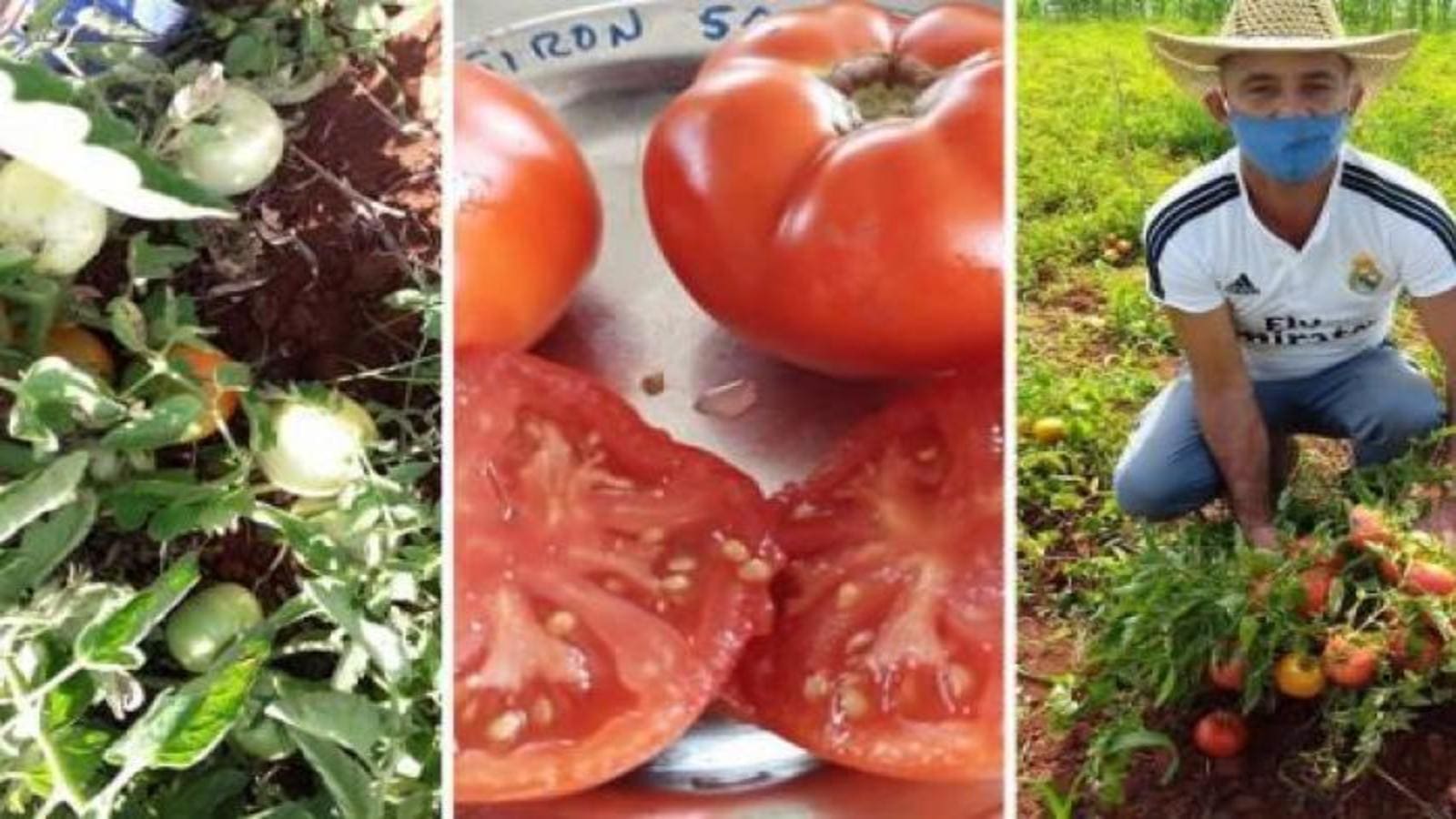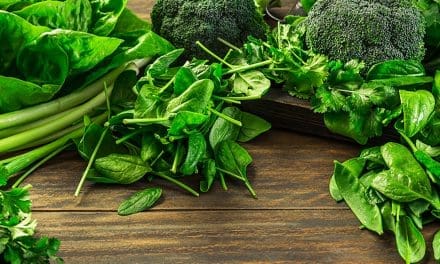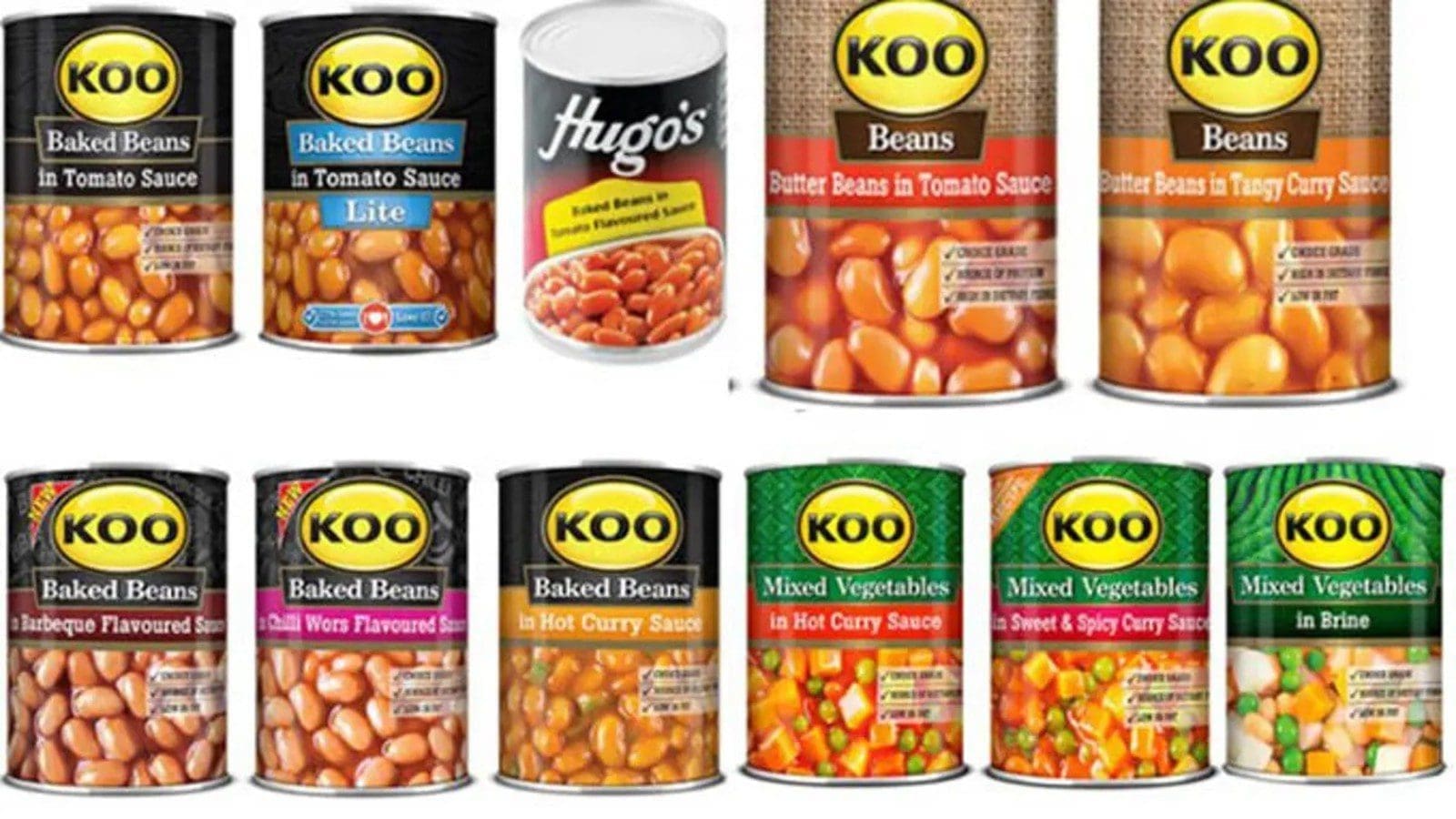CUBA – Cuba is set to kick off dispersal of bioengineered tomatoes and soybeans (Giron 50 and Cuvin 22) seeds following successful field trials earlier in the year.
With the help of the International Atomic Energy Agency (IAEA), in collaboration with the Food and Agriculture Organization of the United Nations (FAO), Cuba’s National Institute of Agricultural Science (INCA) has been implementing breeding programmes using irradiation and biotechnology to develop new varieties that can better cope with extremes in growing conditions imposed by climate change.
They will now be distributed to farmers, alongside the 21 other varieties developed previously by the institute in a diverse range of crops such as rice, green beans and roselle – a species of hibiscus. The new varieties have gone on to be nationally licensed and subsequently registered in the global database, managed by the Joint FAO/IAEA Centre of Nuclear Techniques in Food and Agriculture.
“Since 2009, through plant mutation breeding, we have offered a way to develop new climate-hardy crop varieties and hence, contribute to the livelihoods of local farmers and enhanced food security in 18 countries, including Cuba.”
Plant mutation breeding does not involve gene modification, but rather uses a plant’s own genetic material and mimics the natural process of spontaneous mutation.
The island’s tropical climate increasingly exposes the plants’ vulnerability to extreme weather conditions, leading to the higher use of environmentally harmful chemical fertilizers and pesticides. Therefore, Cuban experts are looking towards improvement of crops as an alternative, more environmentally sustainable solution. To do this, they are using nuclear and isotopic techniques to induce novel genetic variation for improved crop performance and increased production of crucial crops.
Using isotopic techniques to improve bio-fertilizers, Cuban researchers can now increase the production of high-quality soybeans bred to be rich in iron, protein and oil. Bio-fertilizers contain living micro-organisms which restore the soil’s natural nutrition, helping plants grow stronger and healthier without the need for chemicals. Isotopic techniques are used to measure the plants’ ability to both absorb the bio-fertilizer and to fix nitrogen from the air, the former for better crop management, and the latter for both soil health and crop performance.
“The project hasn’t only created new healthy crop varieties, but the capacity building over the years has led to an efficient protocol of work and the creation of expertise in nuclear techniques in the region, where we are continuously working together and learning from one another.”
Liked this article? Subscribe to Food Safety Africa News, our regular email newsletters with the latest news insights from Africa and the World’s food safety, quality and compliance. SUBSCRIBE HERE








